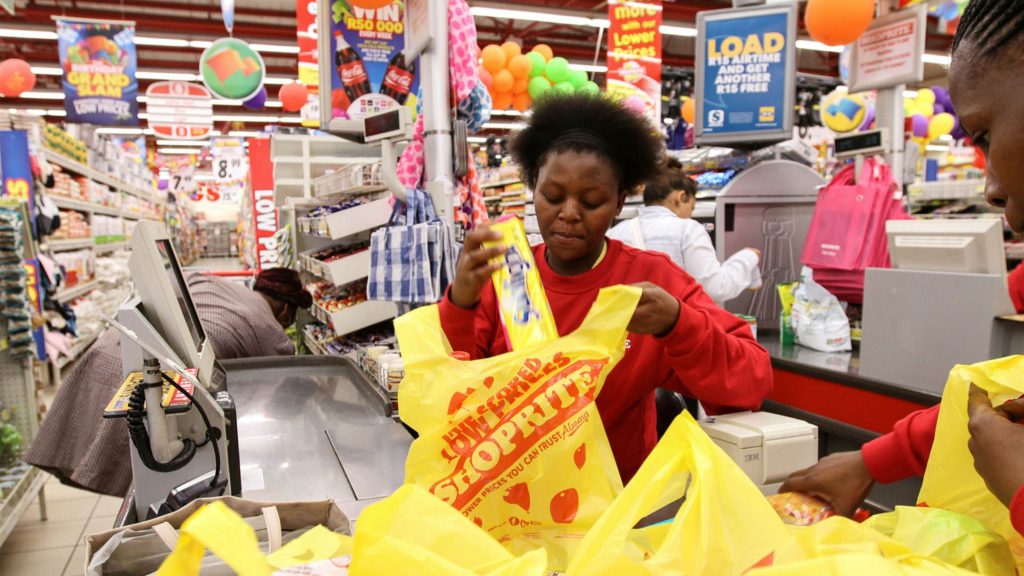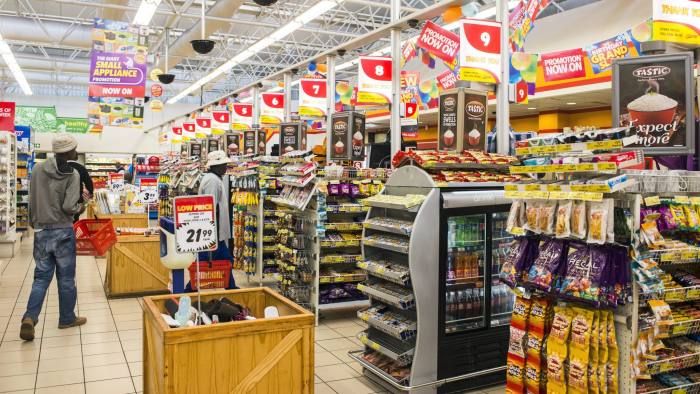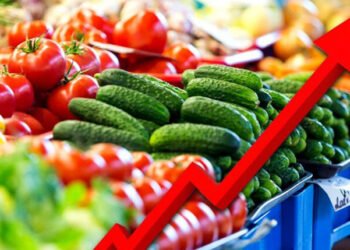A recent survey conducted by a Research and advisory firm, Konfidants, found that majority of the products in the supermarkets in Accra sells foreign products. This runs contrary to the call for the patronage of made-in-Ghana products. Whilst experts blame this on an ordinate taste for foreign goods by Ghanaians, the sellers also play a vital role in this situation.
Main findings
The survey found that 5943 (74%) of the products in the shops were foreign brands, only 2,040 (26%) were Made-In-Ghana brands. However, worrying as the findings may be, the recent findings are an improvement over the maiden survey in 2019. The 2019 survey found that only 18% of selected goods were Made-in-Ghana.
Water was the best performing made-in-Ghana product across all the supermarkets surveyed with 60% Made-In-Ghana share. Eggs (55%), Fruits & Vegetables (52%), and Spreads (44.74%) followed in that order with shares of made-in-Ghana products.
Meanwhile, it is suppressing to note that eggs produced locally declined sharply from 93% in 2019 to 55% in the current survey. Could this reflect the shortage of poultry feed that hit the industry last year? The survey found only a small percentage of processed/manufactured goods (16%) produced locally even though the category constitutes the majority of goods surveyed (84%).

Notable Observations
Unprocessed goods, which make up 16% of all goods surveyed, have a Made-In-Ghana share of 40%. However, the good news is that, a large percentage of unprocessed Made in Ghana goods (84%), had been either pre-cut or packaged. This shows some elements of value addition.
Another important revelation of the survey is giving foreign-made products Ghanaian native brand identity of imported Fast Moving Consumable Goods. Some of which includes cooking oils, tomato paste, and canned fish.
“This potentially creates a false Made-In-Ghana identity for products that are fully foreign produced”.
Furthermore, even though some supermarkets have dedicated Made-In-Ghana stands, some of these stands were quite small. The survey shows that they occupied only small parts of the outlet and were often negligible.
Obstacles to local suppliers
Meanwhile, one of the biggest obstacles to local producers supplying the supermarkets is that it can take up to three months to pay suppliers. This is the standard practice for supermarkets around the world. Yet, for some local producers, the long payment periods, tend to create a cash flow crisis for their businesses.
Therefore, the authors recommended a more impactful approach would be to have dedicated Made-In-Ghana shelves for each product or product category in the outlets. This will ensure that Made-In-Ghana products are all across the outlets and not in one negligible stall or shelve.
About the survey
The survey focused on 19 product categories with high local production potential. A total number of 7,983 brands were counted across 11 retail outlets included in the survey. The survey was conducted in December 2020. This include Shoprite (Accra Mall), Game (Accra Mall), Palace Supermarket (Palace Mall), Koala (Osu), Maxmart (37), and City Dia (La).

Others include Melcom (North Kaneshie) and Marina Mall Supermarket (Airport), China Mall (Spintex), Baatsonaa Total (Baatsonaa), and Airport Shell (Airport). Of the 11 outlets that were surveyed during the exercise, Max Mart recorded the highest Made in Ghana share with 34%. Game and Airport Shell recorded the next highest percentages with 32% each. These were the only outlets to cross the 30% Made in Ghana threshold.
READ ALSO : Customers are yet to feel the impact of the CST reduction –Vaultz Research























